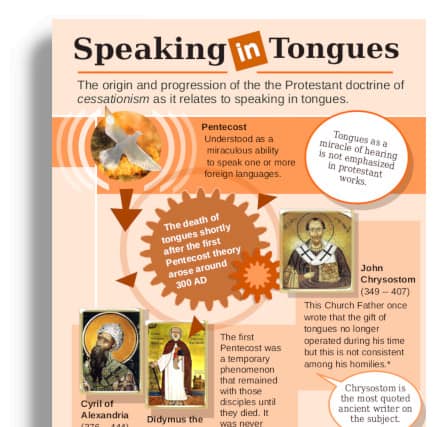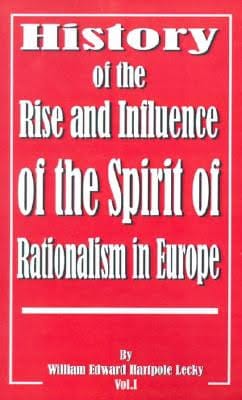The protestant view of miracles from Martin Luther to the Church of England.
This is part 3 of a series surveying the doctrine of cessationism.
Part 1 was an introduction and a general summary. Part 2 gave a background to the medieval mindset that was highly dependant on the supernatural, magic and mystery in daily living. It also covered the re-examination of earlier christian history by prominent English leaders to demonstrate that miracles had ceased.
This series has a tertiary focus on the role of speaking in tongues within the cessationist doctrine. Those who adhere to a strong adherence to cessationism categorize tongues as a miracle, and since all miracles have ceased, the christian rite of tongues is no longer available. Any current practice is considered a false one.
This forces this series to shift away from the christian doctrine of tongues, and move into the protestant doctrine of miracles.
This article will demonstrate the Puritans were largely responsible for shaping the doctrine of cessationism through various means, especially the Westminster Confession. This doctrine may be the English Church’s most recognizable contribution to the protestant revolution throughout the world.
Read more

